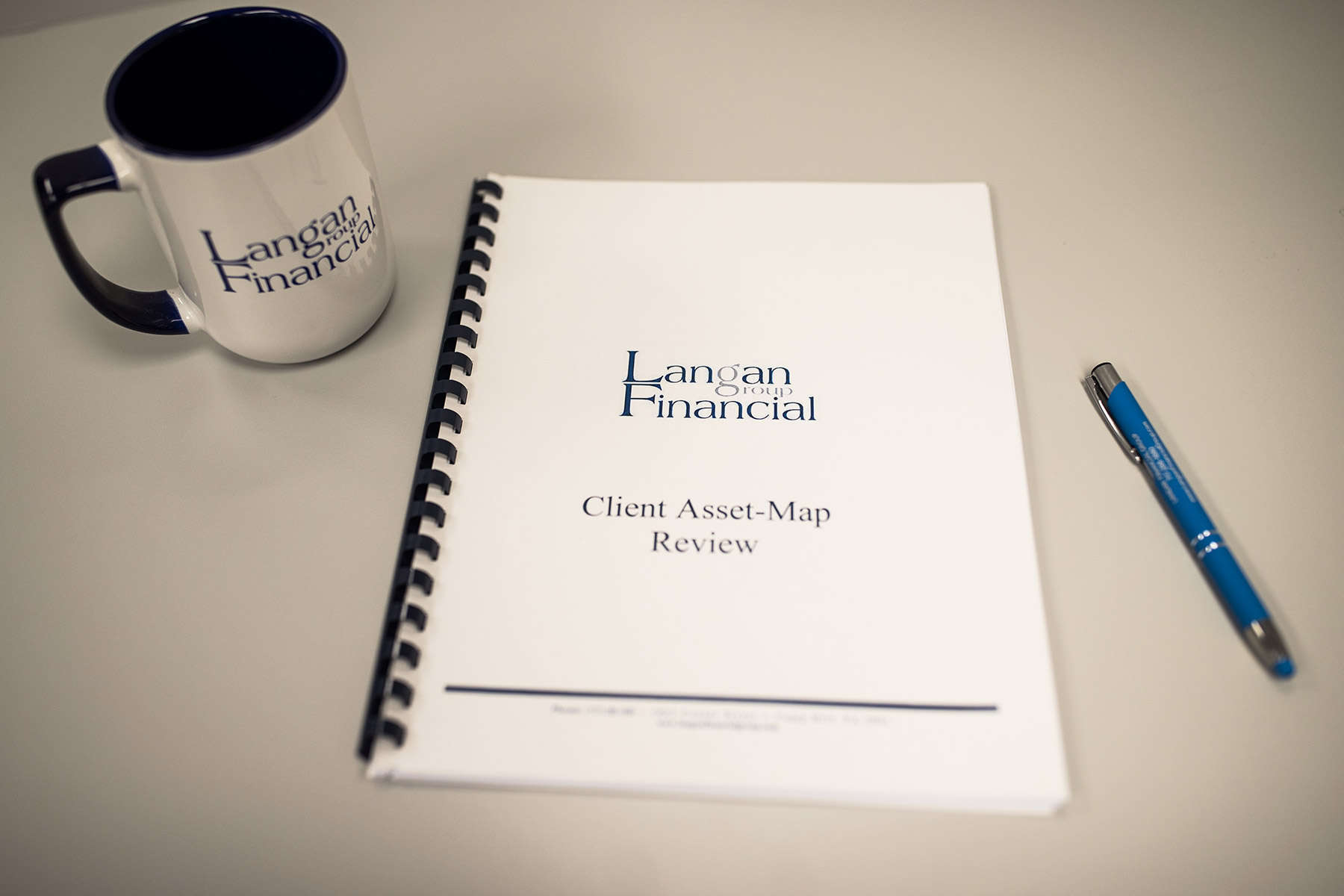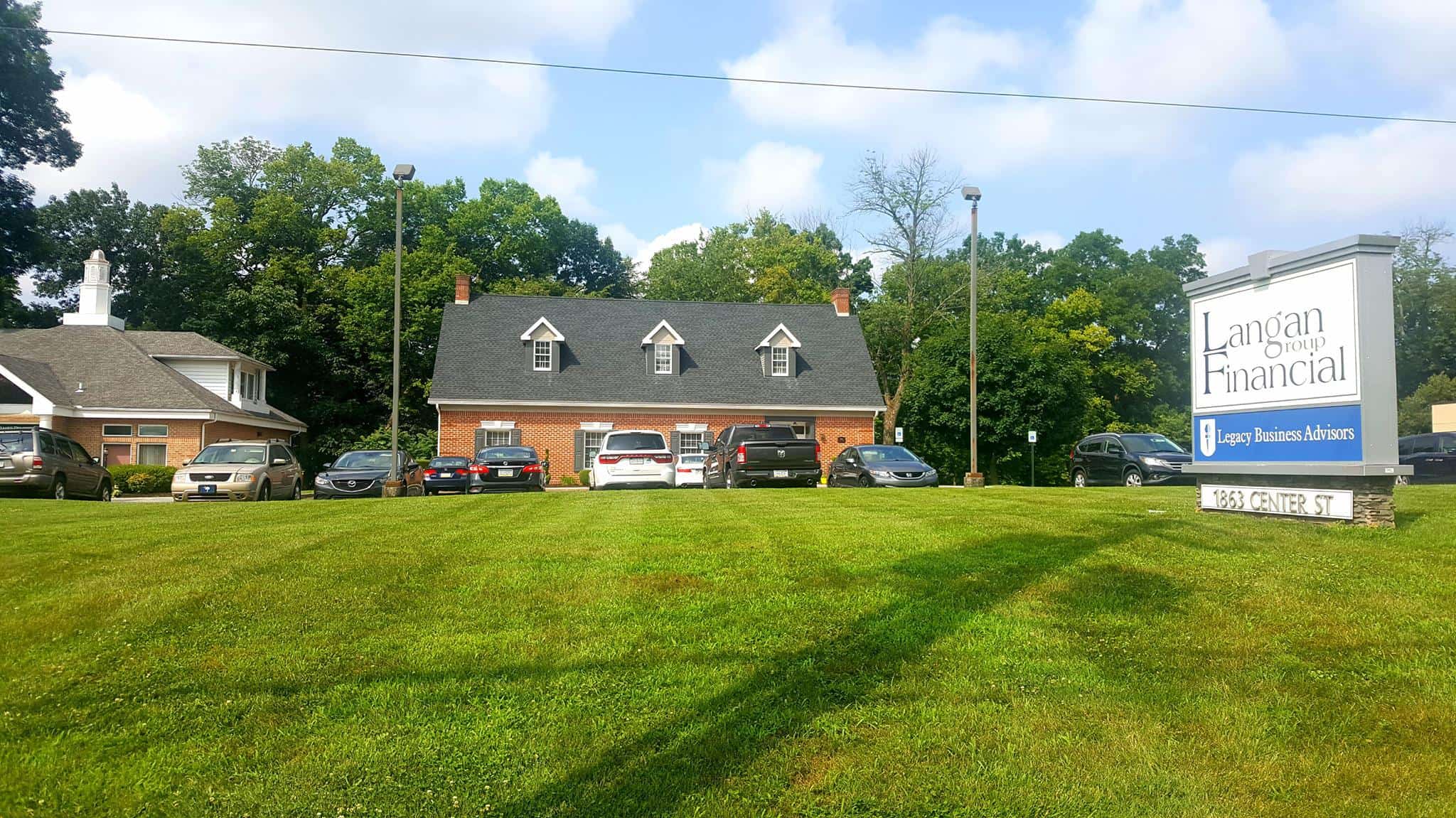A 1031 exchange is one of the most powerful wealth-building tools in real estate, allowing investors to defer capital gains taxes indefinitely while scaling their portfolios.
But this IRS provision isn’t a simple swap-it’s a high-stakes strategy requiring precision timing, strict compliance, and careful planning.
Here’s how savvy investors leverage 1031 exchanges to build generational wealth, and the pitfalls that can derail even the most experienced players.

The 1031 Exchange Explained
Named after Section 1031 of the IRS code, this strategy lets investors sell an investment property and reinvest the proceeds into a “like-kind” replacement property while deferring capital gains taxes. Imagine selling a $1 million apartment building, avoiding $200,000+ in immediate taxes, and reinvesting the full amount into a larger commercial property-that’s the power of a 1031.
Key Rules:
- Like-kind requirement: Both properties must be held for business/investment purposes (e.g., rental homes, land, commercial buildings). Personal residences and foreign properties don’t qualify.
- Timing:
- 45-day rule: Identify up to 3 replacement properties within 45 days of selling the original.
- 180-day rule: Close on the new property within 180 days.
- No cash access: Proceeds must be held by a qualified intermediary (QI) until reinvestment.
Why Investors Use 1031 Exchanges
1. Tax Deferral: The Cornerstone Benefit
By deferring capital gains taxes (15–23.8% federal + state) and depreciation recapture (25%), investors compound wealth faster. For example, deferring $200,000 in taxes allows reinvestment of the full amount, potentially generating an additional $20,000/year in cash flow at a 10% return.
2. Portfolio Growth Strategies
- Scale up: Trade two $500K duplexes for a $1M apartment complex.
- Diversify: Swap a single retail property for multiple triple-net leases.
- Relocate: Move capital from high-tax states (CA/NY) to low-tax markets (TX/FL).
3. Estate Planning Advantages
Heirs inherit properties at a stepped-up basis, potentially eliminating deferred taxes. A $2M property held until death could bypass $600K+ in capital gains taxes.
1031 Exchange Risks and Challenges
1. Complexity Costs
- QI fees: $800–$2,500 for intermediary services.
- Legal/accounting fees: $5,000+ for compliance reviews.
- Penalties: Missed deadlines invalidate the exchange, triggering immediate taxes.
2. Market Pressures
The 45-day identification window forces rushed decisions. In hot markets like Miami or Austin, investors often overpay for replacement properties to meet deadlines.
3. Liquidity Crunch
Funds remain locked with the QI until reinvestment, creating cash flow gaps. An investor needing emergency funds risks tanking the entire exchange.
When to Consider a 1031 Exchange
1. Portfolio Upgrades
Trade aging rentals needing $100K+ in repairs for newer, low-maintenance properties.
2. Geographic Arbitrage
Shift from volatile markets (e.g., San Francisco office space) to stable ones (e.g., Nashville multifamily).
3. Passive Income Goals
Use Delaware Statutory Trusts (DSTs) to exchange active management properties for hands-off REIT-like investments.

Alternatives to 1031 Exchanges
| Strategy | Key Benefit | Drawback |
| Opportunity Zones | Tax-free appreciation after 10 years | Limited to designated areas |
| Installment Sales | Spread tax liability over years | Buyer default risk |
| Charitable Trusts | Defer taxes + generate income | Irrevocable asset transfer |
Is a 1031 Exchange Right for Me?
1031 exchanges shine for investors seeking to defer taxes and scale portfolios, but they’re not a one-size-fits-all solution.
Those with shorter time horizons or liquidity needs might prefer Opportunity Zones, while philanthropically inclined investors could benefit from charitable trusts. For most, the key lies in meticulous planning-partner with a 1031-savvy CPA and QI to avoid costly missteps.
Pro Tip: Always identify a backup replacement property within the 45-day window to hedge against deal collapses.
By mastering these rules and risks, investors can turn the 1031 exchange into a relentless wealth-compounding machine.
About the Financial Planning Author

Alexander Langan, J.D, CFBS, serves as the Chief Investment Officer at Langan Financial Group. In this role, he manages investment portfolios, acts as a fiduciary for group retirement plans, and consults with clients regarding their financial goals, risk tolerance, and asset allocation.
With a focus on ERISA Law, Alex graduated cum laude from Widener Commonwealth Law School. He then clerked for the Supreme Court of Pennsylvania and worked in the Legal Office of the Pennsylvania Office of the Budget, where he assisted in directing and advising policy determinations on state and federal tax, administrative law, and contractual issues.
Alex is also passionate about giving back to the community, and has participated in The Foundation of Enhancing Communities’ Emerging Philanthropist Program, volunteers at his church, and serves as a board member of Samara: The Center of Individual & Family Growth. Outside of work and volunteering, Alex enjoys his time with his wife Sarah, and their three children, Rory, Patrick, and Ava.
About Langan Financial Group: Financial Advisors
Langan Financial Group is an award-winning financial planning firm with offices in York, Pennsylvania and Harrisburg, Pa.
With over 100+ 5-star reviews, Langan Financial Group is an independent financial planning firm established in 1985, offering a broad range of financial planning services.
With an open architecture platform, our advisors have access to a diverse range of products, free from any sales quotas.
Our team of 9 financial experts, each with unique specialties, enhances our ability to focus on delivering value to our clients.
Disclosure
The content is developed from sources believed to be providing accurate information. The information in this material is not intended as tax or legal advice.
Please consult legal or tax professionals for specific information regarding your individual situation.
The opinions expressed and material provided are for general information, and should not be considered a solicitation for the purchase or sale of any security.
Securities offered through Cambridge Investment Research, Inc., a Broker/Dealer, Member FINRA/SIPC.
Investment Advisor Representative, Cambridge Investment Research Advisors, Inc. a Registered Investment Advisor. Cambridge and Langan Financial Group, LLC are not affiliated.
Cambridge does not offer tax or legal advice.



